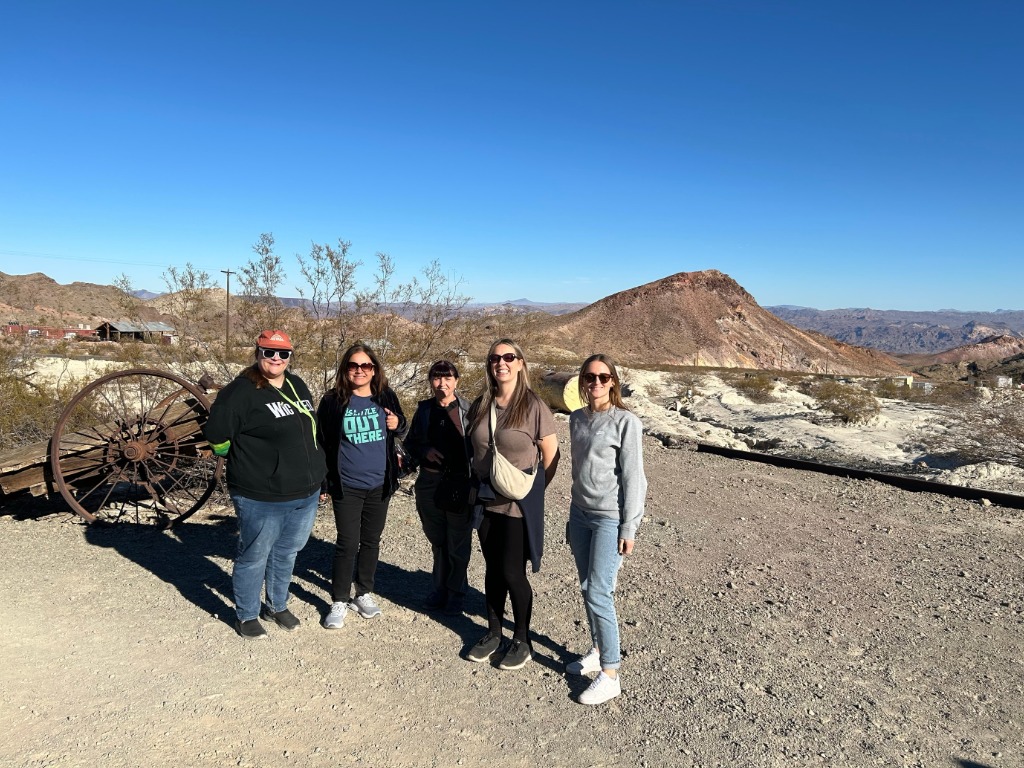WTM Global Travel Report Tracks Opportunities, Risks Ahead For Industry

Higher prices have been identified as one of the key challenges the industry faces, but rising travel and holiday costs have yet to dampen demand among consumers, primarily because the ‘revenge travel’ trend is still in full swing, according to findings in the WTM Global Travel Report.
Produced in association with Tourism Economics, the report was released on the opening day of WTM London 2023 and Baxter Media’s David McClung and Mitchell McClung were on hand for its release.
“Revenge travel, a current trend as consumers catch up on travel after COVID-19, has likely mitigated the impact of high costs on consumer behaviour so far; but it remains to be seen how higher prices will continue to impact travellers’ choices going forward,” the report found and revealed that travel businesses are also concerned about increasing costs, as well as staffing issues.
Yet despite the uncertain economic backdrop, the WTM Global Travel Report indicated that the outlook is positive with many consumers demonstrating priority when it comes to spending on travel.
Further, many factors which have contributed to the success of global tourism will continue to contribute to the industry’s future growth; economic growth in emerging markets and demographic and societal shifts remain areas of opportunity.
When asked to identify barriers or challenges to tourism, respondents said increasing cost of business and staffing issues were their top two concerns, identified by 59% and 57% of respondents respectively.
Cost of accommodation (54%), cost of flights (48%) and government bureaucracy/regulations (37%) all come further up the list of concerns than declining spend among travellers, which was identified as a concern by 33% of respondents.
Global tourism continues to rebound strongly despite risks and challenges facing the industry. By the end of 2023, Tourism Economics predicts that global outbound trips will exceed 1.25 billion, which is over 85% of the peak level achieved in 2019.
There are many exciting possibilities against a backdrop of growing demand.
The report says companies are using technology to address staff shortages; major cultural and sporting events have bounced back and there is increased consumer demand for unique, memorable experiences, all of which present opportunities for tourism destinations and organizations.
‘Bleisure’ among other business travel trends such as ‘workcations’ was highlighted as the third biggest opportunity, stated by 53% of respondents.

Many organizations and destinations have repositioned themselves to effectively embrace this trend as individuals enjoy greater workplace flexibility now compared to pre-pandemic.
For example, some Caribbean Islands, including Aruba, positioned themselves as an ideal work from home location during 2020 and that trend has continued.
The wider trend for increased personalization is one of focus and opportunity in the industry.
A recent Mastercard-sponsored Harvard Business Review report found that more than half of businesses consider customer personalisation as an important way to increase revenue and profits.
But economic challenges and global events will affect consumer confidence, and advances in technology, new consumer behaviour, and social and geo-political factors are among some of the risks and opportunities for tourism organizations across the world, the report says.
Juliette Losardo, Exhibition Director at World Travel Market London, observed that: “As the WTM Global Travel Report shows, costs are a concern not only to customers, but also to travel businesses, which are additionally having to find ways to deal with the pressing issue of staff shortages.”
Losardo continued: “More positively, the report shows the real opportunities out there that switched-on travel and tourism stakeholders are grasping, such as catering for current trends like more personalized travel and experiences that live long in the memory.”
She noted that: “Pent-up demand from the COVID pandemic that halted global travel is still high and people will always want to travel to experience different cultures and tick off bucket-list must-sees.”
And Losardo concluded: “Travel has shown time and again how resilient it is, and this report shows that, with the opportunities available, the travel and tourism industry faces an exciting future.”


